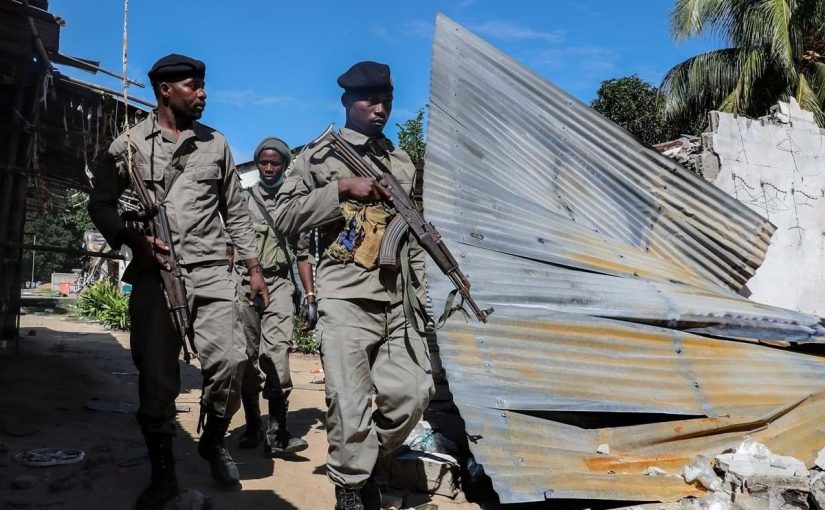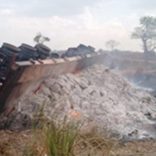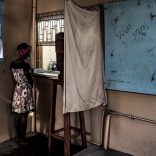Mozambique: UN agency to finance introduction of ankle bracelets for prisoners
Mozambique: Analyst urges caution in possible military interventions

File photo: Lusa
Stephen Buchanan-Clarke, a security analyst at Good Governance Africa (GGA), on Thursday said that any military interventions in the response to the conflict in the Mozambican province of Cabo Delgado should be “carefully considered” to prevent “collateral damage”.
“We need to have responses that are more effective, that are less counterproductive – responses that prevent collateral damage. We must try to find approaches and answers that do not make the situation worse for the communities,” the analyst said during a virtual seminar on conflict resolution in Cabo Delgado organised by the Centre for Democracy and Development of Mozambique (CDD).
Buchanan-Clarke pointed out that military interventions, while producing results that “are often easier to measure”, sometimes “increase the conflict already created by insurgents”.
“Although military responses are necessary to ensure the safety of local populations, military efforts must be limited and we must consider strategic sequences and address the social and economic issues that often cause these conflicts,” he said, adding that “interventions military personnel must be carefully considered ”.
Richard Rands, advisor to the CDD, agreed.
“Any type of security intervention, whether military or otherwise, must try not to cause harm. It shouldn’t make the situation any worse, and, unfortunately, we have too many examples of that on the continent,” Rands said.
Buchanan-Clarke also argued that the response to violent extremism must have a local focus if it is to achieve sustainable gains.
“I think that, regularly, when we discuss responses to violent extremism, these tend to be at the geopolitical or national level, while the most sustainable solutions are almost always found at the local level,” he pointed out.
“Violent extremism thrives in a context where trust is broken between parts of the government and communities (…). I think it is very important to emphasise the need for multi-level, focused research at a more local level to understand the communities most affected by the conflict,” Buchanan-Clarke added.
Aspects such as the situation of vulnerable populations, the region’s history, norms and customs or local economic policy, should be analysed to understand “the specific factors used in the recruitment and radicalization operations”, the GGA analyst observed.
Richard Rands rejected the “insurgent” label applied to the perpetrators of the violence recorded in Cabo Delgado, pointing out that “one of the main definitions” implies that there is “a real political motive”, something which has not yet been claimed in Cabo Delgado.
At the opening of the webinar, the national director of defence policy of the Ministry of National Defence of Mozambique, Infantry Colonel Omar Saranga, pointed out that the use of force by the Defence and Security Forces “is justified by the need to deter and neutralise the actions of the terrorists and, in this way, to prevent it from spreading”.
Even so, Omar Saranga said, “resolving the conflict in Cabo Delgado by peaceful means would be the desired option”.
Armed groups have terrorised Cabo Delgado since 2017, with some attacks claimed by the jihadist group Islamic State, in a wave of violence that has already caused more than 2,500 deaths, according to the ACLED conflict registration project, and 714,000 people displaced, according to the Mozambican government.
The most recent attack, on March 24, was carried out against the town of Palma, causing dozens of deaths and injuries in numbers yet to be ascertained.
Mozambican authorities regained control of the town, but the attack led oil company Total to indefinitely abandon the main construction site of the gas project scheduled to start production in 2024 and on which many of Mozambique’s expectations for economic growth in the next decade are based.












Leave a Reply
Be the First to Comment!
You must be logged in to post a comment.
You must be logged in to post a comment.